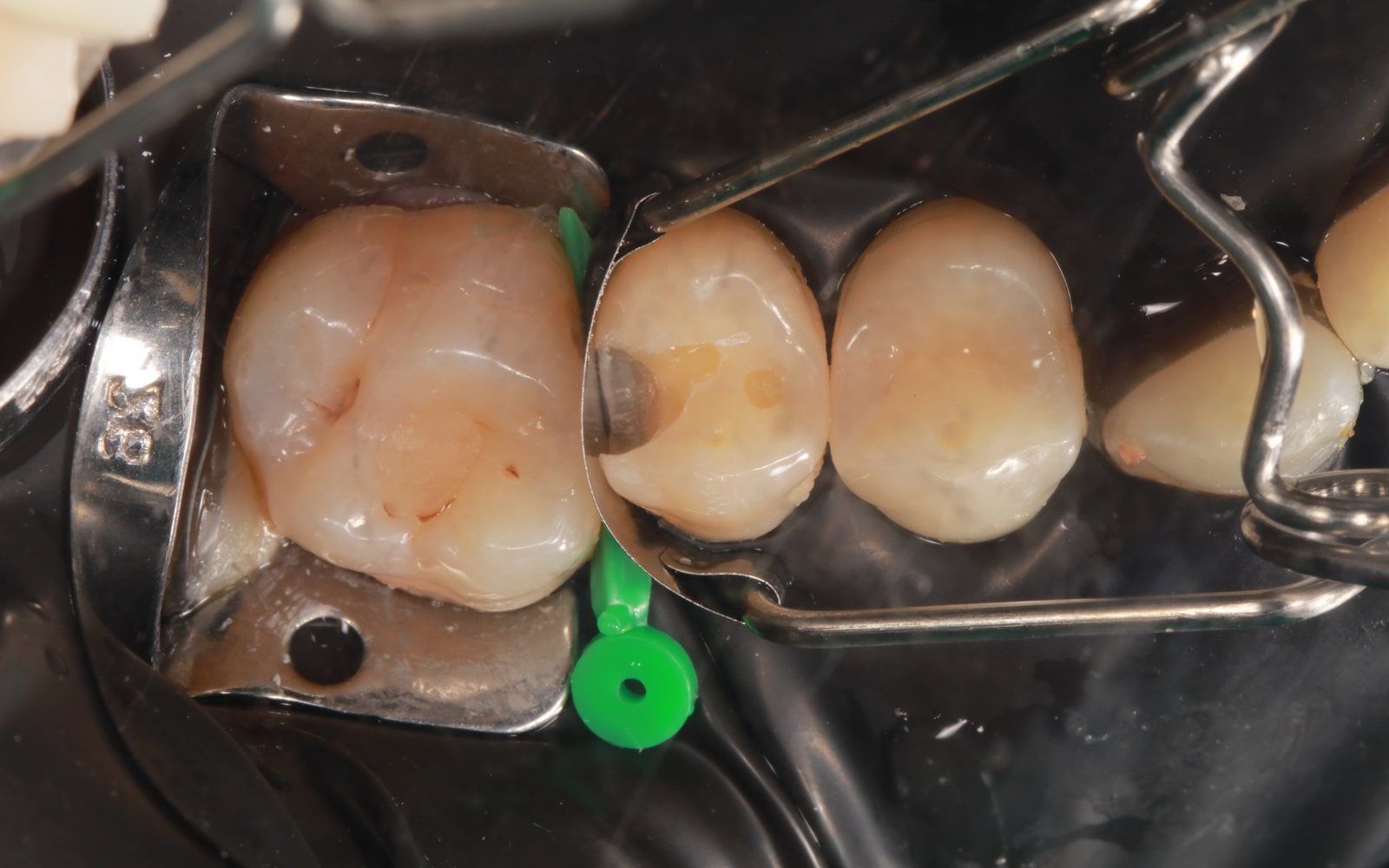Is It Feasible To Stop Cavities For Good?

Most children get a cavity one in their life, and when it happens, there’s nothing to be ashamed of – in fact, it’s a perfectly normal experience. For pediatric dentists such as ourselves, handling children’s cavities is a breeze as we have many treatments and preventative methods that can help keep your children’s teeth clean and healthy for years to come.
But is it possible to permanently remove cavities for good? What if your child didn’t even have to experience a cavity, and if they did, have methods that save their tooth entirely without the need for fillings or extractions. As dentists, we explore all aspects of dentistry on all levels of development, and that includes the latest research involving cavity treatments. As cavities become more prominent over the years, we’re going to explore the techniques most commonly used in dental care and touch on some upcoming developments in cavity prevention.
How Do Dentists Treat Cavities Today?
Despite what many people may think about cavities, this disease is an infectious, chronic disease that doesn’t go away on its own. Right now, dentists don’t have the ability to remove a cavity altogether but can only treat it through various means. Cavities are sources of infectious bacteria that gather along the tooth’s surface, creating an acid that eats away at the tooth’s layers down into the pulp. If not treated, that bacteria can infect the pulp and roots of the tooth, causing a severe infection that requires intensive endodontic care. For dentists, cavities are an essential issue to treat, especially for children whose teeth are still maturing.
So, what ways do we currently have to combat this long-standing problem? Right now, our methods for treating cavities include:
- Brushing, Flossing, and Cleanings: Brushing and flossing your teeth twice a day removes the bacteria present along with the tooth, and dental cleanings make sure your child’s teeth are healthy and clean for good!
- Dental Sealants: To further prevent cavities, dental sealants work to fill in the back molars, the areas most vulnerable to cavity development.
- Fluoride Treatments: Regular fluoride treatments help strengthen the enamel and protect the outer surface from the acidity of bacteria and plaque.
- Dental Fillings: In mild cases of a cavity, dental fillings work to stop the progression of the cavity and help relieve pain.
Although there is no cure for cavities at the moment, some researchers have developed ways of creating a new solution, called a peptide, that prevents the onset of bacteria from developing in the first place. The peptide is sourced from a component of our saliva, as our saliva has antibacterial properties that reduce the rate of cavities.
We understand that when new cavities come up, it can be a huge source of stress for you as a parent, but don’t wait for that appointment! Visiting your dentist and treating their cavity is the best thing you can do for them as parents because the long-term consequences of poor oral health can be staggering. Treat your family by visiting the dentist today!

